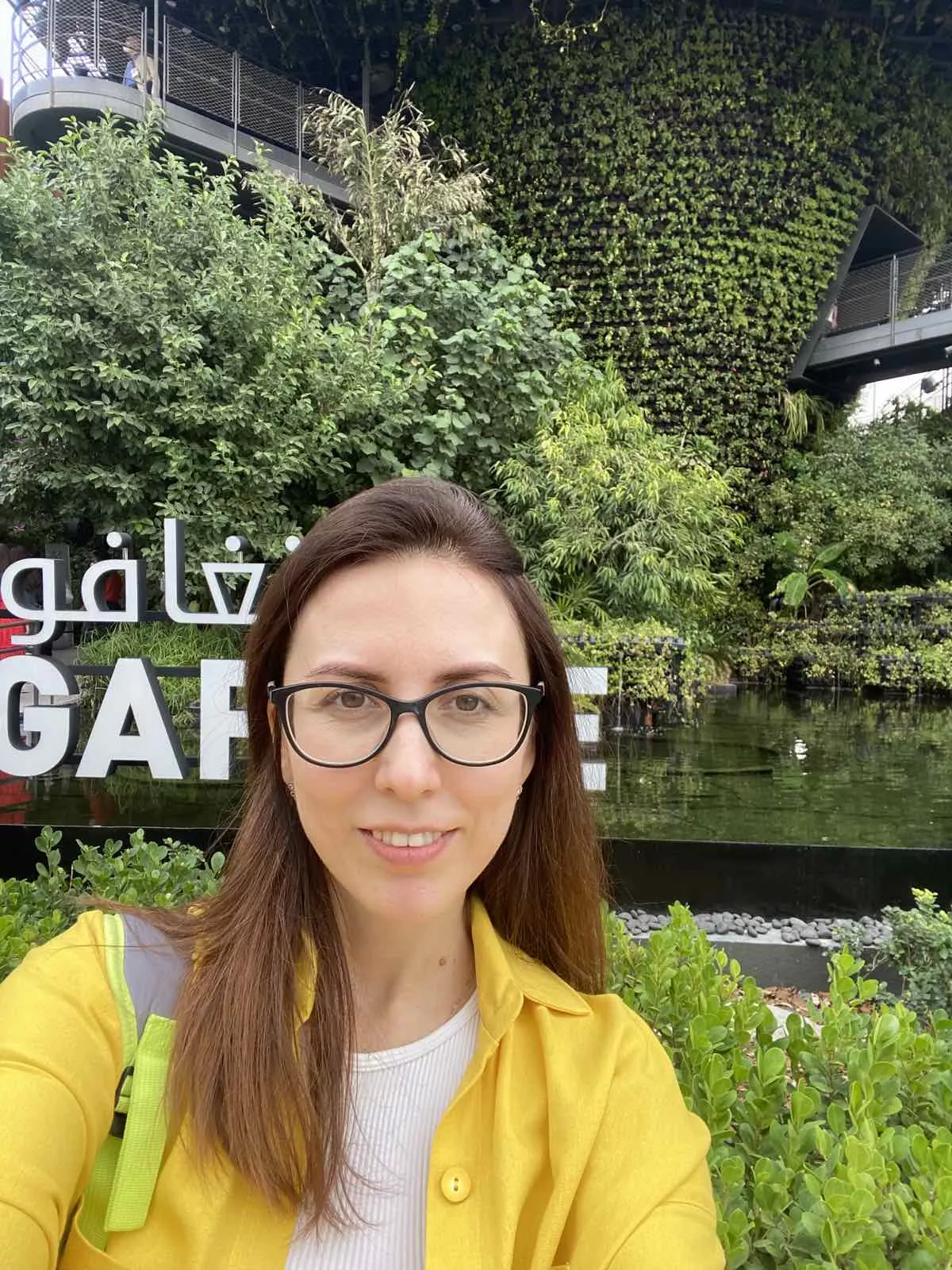Lesya Ukrainka Volyn National University has about 200 young scientists. These are progressive young people who conduct scientific researches and carry out project activities on current problems in various fields of science.
A bright representative of the community of young scientists of the University is Sofiia Tesliuk, PhD in Economics, Associate Professor of the Department of Finance. Sofiia’s research interests are digital finance, in particular the legalization of cryptocurrency, fundraising, financial literacy of the population, reformation of the pension system in Ukraine.
In addition to the research of current problems in financial system, the young scientist actively promotes initiatives to develop the eco-awareness of the city community. Thus, last year her project “Ecological University. Setting up a system for sorting and recycling disposable cups” took first place in the competition “Active youth – a progressive city”, which was held within the framework of the Days of Science at Lesya Ukrainka Volyn National University in cooperation with the Department of Family, Youth and Sports of Lutsk City Council.
– Sofiia, why did you decide to participate in the competition?
– I immediately noticed the contest of projects “Active youth – a progressive city”, but did not plan to participate in it. I was inspired by a colleague who said that it is definitely worth it. I had had an idea, and in two hours I created a presentation with a detailed description.

– What is the main idea of your project? What benefit can it bring to the city?
– The idea came when I saw students drinking coffee during breaks, preferring coffee-to-go. Many people sincerely believe that ordinary cups for coffee or drinks are actually made of 100 % paper and do not harm the environment. But a disposable paper cup consists of primary cellulose and is covered with plastic pellicle, which turns into microplastics, polluting the seas and oceans. And the processing of this type of raw material is carried out by only a few individual enterprises.
Therefore, the idea of the project was to install special gadgets to collect this type of recyclables and send them for processing, reducing the amount of garbage in the city.
Of course, this is not an ideal environmental solution. The ideal one is to use your own reusable cup!

– According to the conditions of the competition, your project received investment support and was implemented. Did you manage to achieve what you had planned? Were there any difficulties?
– Difficulties arose one after another... As soon as everything was ready to launch the project, distance learning began and the main target audience for whom the project had been intended went home. Since March we had been looking forward to students, to live communication with them in the classrooms and the project was supposed to work at full capacity, but again it did not work out. Military aggression by russia at one point changed the life of the entire country and made adjustments to our plans for the future.

– Did your scientific research priorities change with the beginning of the full-scale invasion of russia?
– The subjects that I teach and the topics of research that I was interested in in the pre-war period turned out to be especially relevant even in such a difficult time, although they underwent certain transformations.
Digitalization, which accelerated during the Covid-19 period, has flourished even more today. The Ministry of Digital Transformation is waging a war on its own, digital front, and will confidently win it, not lagging behind the Armed Forces of Ukraine. Already in wartime, a law on the legalization of cryptocurrency was signed, which enabled cryptoassets to become a powerful tool for attracting additional funding to support the Armed Forces of Ukraine.
The study of fundraising methods is also particularly relevant in today's conditions. In the war and post-war periods, the ability to write projects will be able to help solve environmental, cultural, scientific and other problems of our country at the expense of foreign capital.
– Do you plan to continue working in the direction of the development of ecological culture and raising the level of eco-awareness of the city community?
– The topic of ecology is always close to me. I have repeatedly participated and at a certain period of my life organized environmental initiatives. In particular, during 2015–2017, I was the coordinator of the action “Dobro zhmeniami” in Lutsk with the support of the Charitable Foundation “OVES”. The goal of the campaign was to collect plastic caps and hand them over to recyclers, and the proceeds were used for prosthetics for ATO soldiers. I was also one of the coordinators of the All-Ukrainian environmental action “Let's Do It, Ukraine” (“Let’s make Lutsk clean”).
The topic of ecology is now more urgent than ever before. Looking at the terrible environmental crimes committed by representatives of a neighboring country on the territory of our state, the first thing we can do to help is to minimize our personal ecological footprint. To refuse packages, consume resources sparingly, choose a reusable cup instead of a disposable one, etc. If we delve into this question, it is even important what clothes and products we buy. But you need at least to start with something...
As for ideas, yes, there are many more...
– What advice would you give to young scientists in order to succeed in such competitions?
– First of all, believe in your own strength and do not be afraid to express yourself! Constantly develop and be “on topic”. Only then can we know which aspects of our chosen research direction are problematic and require clear actions and solutions.
Scientific and research Department
